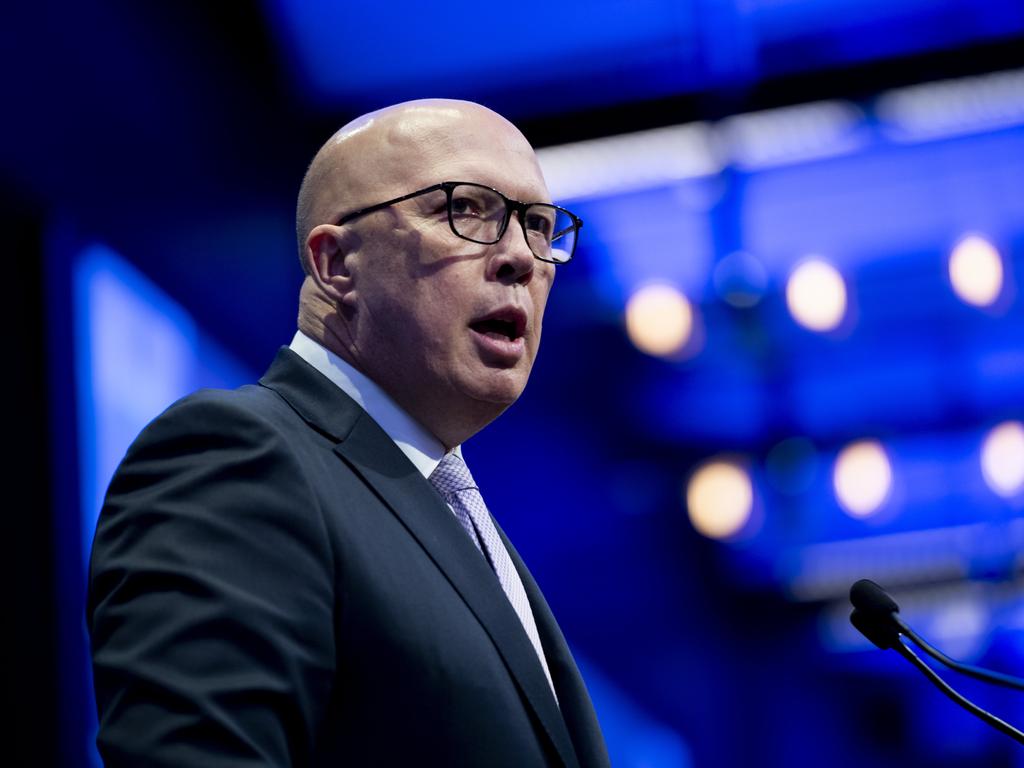‘Puerile nuclear’ debate makes us look like fools. What will our allies think?

Along with 13 countries of the European Union, the UK is part of a “pro-nuclear bloc” working towards implementation of nuclear energy as a major part of their energy strategies. A statement released in March called for stronger EU policies on nuclear energy, urging EU chiefs in Brussels to recognise the importance of nuclear power in the energy mix, and invest in further concrete projects and funding.
A bipartisan approach to nuclear energy has become apparent in the UK, with the then opposition leader, Sir Keir Starmer, calling for nuclear power to be a critical part of the UK’s energy mix. He laid out Labour Party policy to push forward nuclear as a way of boosting energy security, cutting costs for consumers and creating jobs.
Meanwhile, the now vanquished Conservative Party also firmed up its support for nuclear power. Whereas two years ago former prime minister Rishi Sunak told his citizens that renewables were the solution to climate change, in January he spelt out a pro-nuclear government position. He said the government’s latest support for the nuclear industry was “the next step in our commitment to nuclear power, which puts us on course to achieve net zero by 2050 in a measured and sustainable way”.
Sunak went on to say: “Nuclear is the perfect antidote to the energy challenges facing Britain – it’s green, cheaper in the long term and will ensure the UK’s energy security for the long term”.
Looking ahead five years, UK nuclear policy is now set by policies of the new Labour government, as laid out in pre-election documents. These state a goal for clean power by 2030, utilising a list of green power technologies together with nuclear power.
Britain has had nuclear power stations since 1956 and Starmer is not treading softly on nuclear. His policy states: “Labour will end a decade of dithering that has seen the Conservatives duck decisions on nuclear power. We will ensure the long-term security of the sector, extending the lifetime of existing plants.” He goes on to say new nuclear power stations and small modular reactors will play an important role in helping the country achieve energy security and clean power, while securing thousands of good, skilled jobs.

In congratulating Starmer on becoming PM, Dutton said “there is much Australia can learn” from the UK’s nuclear policy.
What’s important from Australia’s point of view is that recognition of the need for increasing nuclear power in the UK economy is politically bipartisan and has progressed well beyond the puerile name-calling and cartoon pictures of three-eyed fish, which have characterised our local debate during the past month.
Looking to our other AUKUS partner, the US Senate last month overwhelmingly voted (88-2) for new legislation to accelerate the permitting and creation of new incentives for advanced nuclear reactor technologies. This legislation is highly significant to our local debate in that it too embraces bipartisan support, illustrated by a declaration from the Senate committee chair, Democrat senator Tom Carper, who described it as “a major victory for our climate and American energy security”. A high-ranking Republican member of that same committee observed that “congress worked together to recognise the importance of nuclear energy to America’s future and got the job done”. It is expected that President Joe Biden will swiftly sign this legislation into US law.
Our AUKUS partnership, with its collaboration on nuclear-powered submarines, also addresses two other objections frequently raised against nuclear power in Australia; they being the lack of a qualified workforce and the question of storage of nuclear waste. Both these matters will be resolved as part of the military alliance and hence need not be an impediment to the development of civilian nuclear power.

Within Australia, our government’s contributions to such debate are characterised by Anthony Albanese saying nuclear energy will “drive up power prices, lead to more energy insecurity and lead to less jobs being created”. Likewise, Treasurer Jim Chalmers has said “it might be the dumbest policy ever put forward by a major party”. It appears that the uninformed and myopic views of our present government leaders are seriously lagging behind policies and legislation supported by both sides of the political divide in our AUKUS partners, countries with whom we aspire to work with as equals.
A prerequisite to such a partnership will presumably be an ability to conduct adult conversations on energy matters affecting our industry, trade and foreign policy for the rest of this century. Or perhaps this doesn’t matter to our leaders in Canberra?
Michael Asten is a retired professor of geophysics. He is a regular speaker on natural cycles of climate change and options for energy security.






In opposing Peter Dutton’s proposal for a pro-nuclear national policy, the Albanese government has exposed itself as hopelessly ignorant of overseas trends in nuclear power. This is most apparent when we view the politics of our two AUKUS partners, the UK and US.